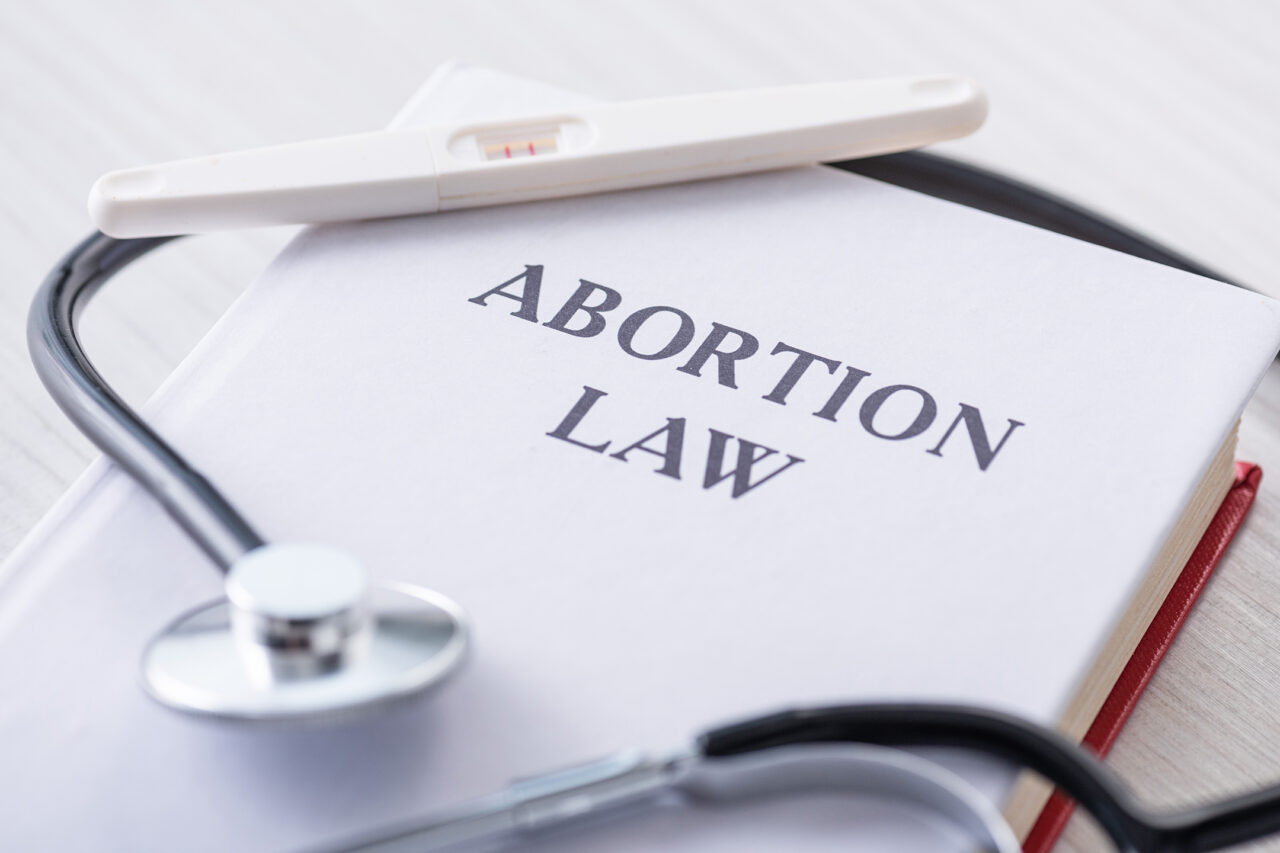 BY Colleen Byrom and Beth Anne Jackson, Brown and Fortunato
BY Colleen Byrom and Beth Anne Jackson, Brown and Fortunato
On June 24, 2022, the U.S. Supreme Court published its opinion in Dobbs v. Jackson Women’s Health Organization. Penned by Justice Alito, the Court held that the U.S. Constitution does not “confer a right to abortion” and that the people and their elected state officials retain the authority to regulate abortion, thus overturning the Court’s prior decisions in Roe v. Wade and Planned Parenthood of Southeastern Pennsylvania v. Casey.
Following the Court’s ruling, the Biden Administration and federal agencies responded to the Court decision. On July 11,  2022, the Department of Health and Human Services (“HHS”) published guidance in a memo to State Survey Agency Directors and a letter to health care providers from HHS Secretary Xavier Becerra regarding a provider’s obligations under the Emergency Medical Treatment and Labor Act (“EMTALA”). The memo to State Survey Agency Directors is in follow-up to a similar memo published on September 17, 2021, that did not specifically mention abortion.
2022, the Department of Health and Human Services (“HHS”) published guidance in a memo to State Survey Agency Directors and a letter to health care providers from HHS Secretary Xavier Becerra regarding a provider’s obligations under the Emergency Medical Treatment and Labor Act (“EMTALA”). The memo to State Survey Agency Directors is in follow-up to a similar memo published on September 17, 2021, that did not specifically mention abortion.
EMTALA is a federal statute that protects an individual’s right to emergency services regardless of the individual’s ability to pay. Specifically, the hospital must provide an appropriate medical screening examination to any individual who comes to the hospital’s emergency department to determine the existence of an emergency medical condition (“EMC”) or whether the individual is in active labor. If an EMC exists or the individual is in active labor, then the hospital must provide stabilizing treatment to the individual. If the hospital does not have the capabilities to stabilize the individual, then an appropriate transfer to another hospital should be made.
HHS’s memo reiterates that EMTALA’s screening requirement applies to any individual that comes to an area of a hospital that meets the definition of a “dedicated emergency department.” A “dedicated emergency department” means any area located on or off of the main hospital campus that meets one of the following: (1) holds a state emergency room/department license; (2) holds itself out to the public as a facility that provides emergency medical care on an urgent basis and without an appointment; or (3) within the preceding calendar year, provides emergency medical care to at least one-third of the facilities outpatient population. As such, a hospital’s labor and delivery unit could fall under the definition of a “dedicated emergency department.”
HHS also reminds providers that a hospital must provide appropriate care to its inpatients. Specifically, a hospital’s governing body must ensure that its medical staff is accountable for the quality of care provided, that the hospital is following its discharge planning policies for all patients, and that the hospital has implemented a quality assessment and performance improvement program. Failure to follow these conditions of participation could result in a finding of condition-level noncompliance, potentially resulting in termination of the hospital’s Medicare provider agreement.
HHS’s guidance also firmly states that EMTALA preempts any conflicting state anti-abortion law. If state law prohibits abortion but does not include an exception for the life and health of the mother “or draws the exception more narrowly than EMTALA’s [EMC] definition,” then EMTALA must be followed. HHS includes “ectopic pregnancy, complications of pregnancy loss, or emergent hypertensive disorders, such as preeclampsia with severe features” as types of EMCs.
Texas’s Heartbeat Act defines a “medical emergency” as a “life-threatening physical condition” that “places the woman in danger of death or a serious risk of substantial impairment of a major bodily function unless an abortion is performed.” As such, Texas’s definition of a medical emergency is narrower than EMTALA’s definition of an EMC.
HHS warns that a hospital’s failure to satisfy EMTALA’s requirements may result in the provider being found non-compliant and at risk of having a civil monetary penalty imposed and/or its Medicare provider agreement terminated. Moreover, the hospital’s physicians may be “subject to exclusion from Medicare and State health care programs” as well as to a civil monetary penalty. HHS also encourages filing a complaint to the appropriate state survey agency for any hospital or provider not in compliance with EMTALA.
On July 14, 2022, Texas Attorney General Ken Paxton filed suit in federal court against HHS. Paxton argues HHS’s guidance unlawfully alters and amends the EMTALA regulations and that HHS does not have the authority to mandate hospitals and physicians to perform abortions. This case is pending in the U.S. District Court in Lubbock.
The crosshairs between state anti-abortion laws and federal guidance create a confusing landscape for both physicians and hospitals trying to comply with EMTALA’s requirements. Accordingly, hospitals should review their EMTALA policies and procedures, consult with their medical staff and engage in discussions with qualified health care attorneys to determine how the hospital can meet its EMTALA obligations with respect to pregnant patients, including those experiencing pregnancy loss.


